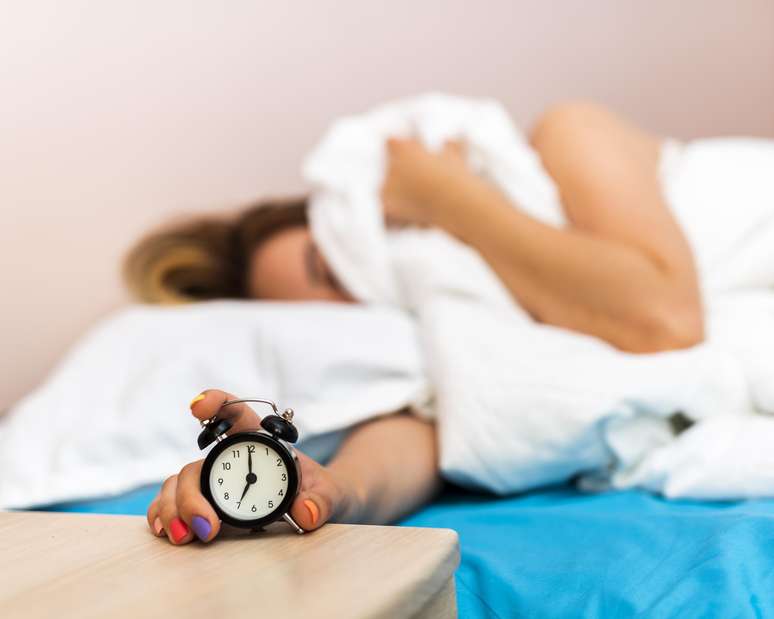The results showed that participants were more willing to work on Monday when they slept “well” on the weekend.
Countless studies have already revealed the effect that sleep quality has on human health. In a world where work and rest can be enemies, sleeping well plays an important role in the body and mind of workers.
But now a new study published in Journal of Organizational Behavior They showed that better sleep quality on weekends was associated with slightly lower levels of exhaustion during the work week.
Researchers at the University of Mannheim in Germany invited 310 workers to complete a weekly questionnaire, answering the surveys on Mondays and Fridays. Participants were predominantly female (81%) and had an average age of 41; 55% had a college degree.
On Monday, they reported their sleep over the weekend and their availability for work; on Friday, they rated fatigue from the work week and job performance.
The results showed that participants returned to work better on Monday, when they slept better and “right” over the weekend.

5 Simple Tips To Help You Stop Feeling Sleepy All the Time
In contrast, catch-up sleep generally resulted in less recovery on Monday, although the same could not be said for delayed social sleep.
Catch-up sleep is when you try to make up for a recent sleep deficit by sleeping more than usual on a specific day to make up for lost sleep. Social sleep delay refers to the phenomenon of sleep deprivation due to changes in sleep schedules, such as the need to pay attention to something, go out at night, and go to parties.
In other words, catching up on lost sleep with recovery sleep may not offer benefits early in the work week.
“Our findings suggest that high-quality sleep on the weekend may be beneficial, but catching up on sleep on the weekend may be detrimental to Monday’s return and, in turn, indirectly contribute to work-related burnout on weekdays,” the study authors concluded.
Knowing that quality sleep brings benefits to health and well-being, you can use the table with average sleep periods for each age group created by the National Sleep Foundation of the United States:
- Newborn (0 – 3 months): 14 to 17 hours per day
- Baby (4 – 11 months): 12 to 15 hours a day
- Early childhood (1 – 2 years): 11 to 14 hours a day
- Preschool (3 – 5 years): 10 to 13 hours per day
- School age (6 – 13 years): 9 to 11 hours per day
- Adolescents (14 – 17 years): 8 to 10 hours per day
- Young adults (18 – 25 years): 7 to 9 hours per day
- Adults (26 – 64 years): 7 to 9 hours per day
- Elderly (65 years and older): 7 to 8 hours a day

Sleep Day: Can’t Sleep Well? 6 Tips to Help You
Source: Terra
Ben Stock is a lifestyle journalist and author at Gossipify. He writes about topics such as health, wellness, travel, food and home decor. He provides practical advice and inspiration to improve well-being, keeps readers up to date with latest lifestyle news and trends, known for his engaging writing style, in-depth analysis and unique perspectives.



-1k25lxygpfiat.jpg)




